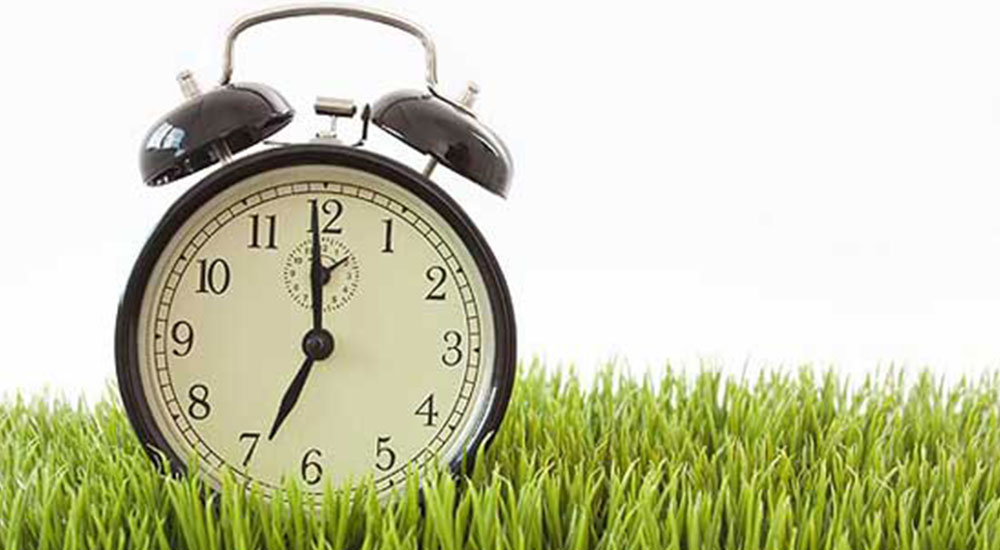
Daylight Saving time, Hearing & Understanding
Do you have more trouble than usual hearing and understanding today? Are you more tired, sluggish and less productive than usual today? If so, it’s not surprising. The loss of an hour of sleep can interrupt our body clock significantly, which can cause health issues – impacting the cardiac system, respiration, mental health, hearing health, auditory processing, and cognition.
The loss of the hour, and the subsequent disruption in circadian rhythms, can lead to a marked increase in fatigue. This can impact cardiac health and respiratory capacities. Studies have shown that the risk of having a heart attack increases in the first three weekdays after switching to Daylight Saving Time in the spring. Further, fatigue caused by the clock change is to be a cause for the increase in traffic accidents the week following the springtime change. Other studies have linked the loss of the hour to an exacerbation of mental illness. Related studies have found anywhere from 10% to 15% increase in depression cases following the times seasonal change.
Because of an increase in fatigue and distraction, coupled with our body’s global confusion, auditory processing can be slowed or delayed. Auditory processing is directly related to hearing and is the process of the brain’s ability to understand and decipher what the ear has heard. In the days immediately following Daylight Saving Time in the spring, there is a diminished capacity to understand and engage in critical thinking based upon what we hear. This occurs even in the presence of normal hearing.
For individuals with hearing loss, this function is substantially more reduced. Because the body is tired, it is more difficult to focus and concentrate. It is also more difficult to use compensatory strategies often developed to counterbalance a hearing impairment. Hearing takes work and focus, even more if there is a hearing loss. When our bodies are fatigued and misaligned rhythmically, this can be difficult to achieve.
There are ways to compensate for these issues caused by the changing of the clocks. Studies have shown that the effects are diminished if you train yourself to get up an hour earlier than usual for the week prior to changing the clocks. Its a few days too late for that this year – but there are still other things that we can do to counteract the effects of changes in body related to Daylight Savings Time. There are also ways we can help our loved ones who have to struggle. Here are some tips:
- Make sure to eat a healthy breakfast, lunch and dinner. Food communicates to your body that it’s time to start the day and focus.
- Eat foods that maximize body alertness: vegetables high in vitamins and antioxidants, fish, lean poultry, natural fruits. For the first week following Daylight Saving Time, reduce your intake of pastas and starches because they naturally promote fatigue.
- Turmeric and ginger are helpful in naturally promoting alertness and brain function. Fish oil is helpful in promoting auditory processing. Vitamin B12 is helpful for energy. Vitamin D helps to give the body what is naturally offered by the sun – so it can promote the feeling the body has when you are out in the daylight.
- Stay out in the sun! If it’s sunny at all during the week – maximize your time outside because it helps to promote energy.
- Get exercise! If there was ever a time to run, life weights, go on that power walk, or play sports – this is it! Increase your personal adrenaline and your body will be able to focus more.
- Perform tasks that facilitate memory and concentration. Play word games and memory tasks. Engage in activities that rely on coordination.
- Don’t stress your body too much this week with work – this is the week to go home after your last meeting and rest. It’s also not the week to make major work-related or personal-related decisions.
- Do you wear hearing aids? Don’t forget to wear them! This is the week your brain really needs auditory stimulation.
- You don’t wear hearing aids? No problem! Purchase an assistive listening device for use just this week. Many devices will help to improve signal-to-noise differentiation and help with hearing and focusing, even just on a situational level.
With the right strategies, our bodies can push through changes in our circadian rhythms successfully. Knowing these issues exist can help us to be safer during the time of transition.



